6 min read
I Was Once Where They Are
“Jesus had been with me through it all; I just didn’t have my eyes open."
Last week, we posted Pastor John Repsold’s explanation of the differences between relief and development when it comes to addressing homelessness. Here are Repsold’s suggestions on practical steps we can take as service providers, decision-makers and community members to practice relief and development effectively in our community.
By Pastor John Repsold
So what should Spokane be doing in both relief and development that will actually lower homelessness in our city? There are multiple examples of cities not unlike ours that have done better with this challenge. And there is plenty of hard data about what is NOT working when it comes to addressing homelessness.
Here are my suggestions. (I’d be glad to provide anyone interested in the data behind these suggestions with their sources.)
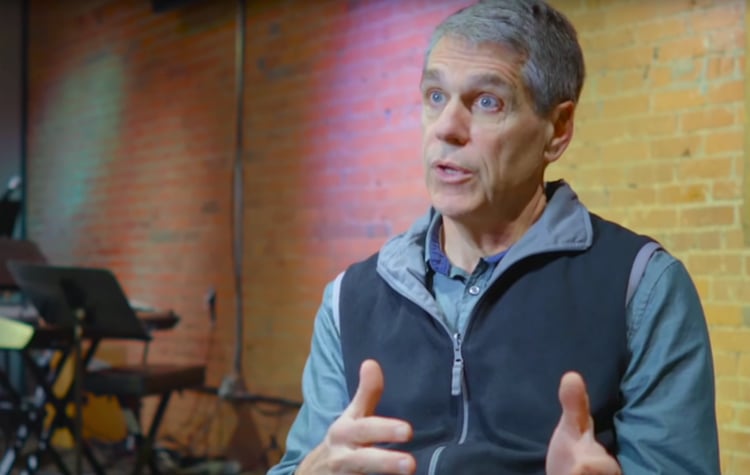
1. Coordinate services not to over-provide
We must start working together in coordinating efforts that provide enough food, clothing and shelter to the homeless to help them survive, but we must stop providing so much that we destroy all incentives for people to actually address the personal poverty issues that led them to homelessness.
When people are allowed to defecate on the streets they are sleeping on, to leave trash, food and needles on the sidewalks they are living on – when they’re allowed to panhandle and park themselves in front of businesses, residences and social service agencies that are trying to help them, without any real consequences – all the while being offered more food, more clothing and more shelter, something is seriously flawed in our approach.
We must work together to develop systems and procedures that stop rewarding behaviors destructive to both the people themselves and those they are negatively impacting. This will require nonprofits, business and law enforcement to work together in developing and implementing solutions as well as tracking all the resources being given to any individual person. The technology for this exists, and other cities are using it effectively.
2. Acknowledge unintended consequences
We must be lovingly honest enough with ourselves – those of us who are the current “social health professionals” – to admit that relief efforts disconnected from development work are actually contributing to this “social opioid” crisis of homelessness. We must acknowledge the unintended consequences of policies and practices that remove incentives for growth and treatment from those who must and can address their addictions, their hurts, their social dysfunctions and their hang-ups.
We must discover and adopt practices that reward people who rebuild their lives and self-esteem through tackling addictions, getting new job training and jobs, and accessing mental health services they need to rediscover flourishing and fulfilling lives.
.jpg?width=750&name=jody-(9-of-14).jpg)
3. Incorporate non-economic poverty relief
We must start designing relief efforts in such a way as to encourage the homeless to begin addressing the other forms of poverty that are keeping them homeless. Homelessness is largely a symptom of many non-economic poverty factors such as relational poverty, familial poverty, employment poverty, mental health poverty, healthy-habits poverty and spiritual poverty.
We may disagree about which ones are most debilitating, but we cannot afford to disregard the role different poverty factors play in solving homelessness.
A word to our public officials: To disregard and disassociate religious organizations who have been dealing with the homeless for decades, who have the best track records when it comes to actually helping people address the issues that led them into homelessness, and who are truly the “experts” of our day in healing the homeless, is nothing short of social malpractice, incompetence and stunning arrogance.
1. Be strategic in re-housing
We must develop systems and strategies for re-housing that reward clients and service providers for doing the difficult work of rehabilitation, not just triage.
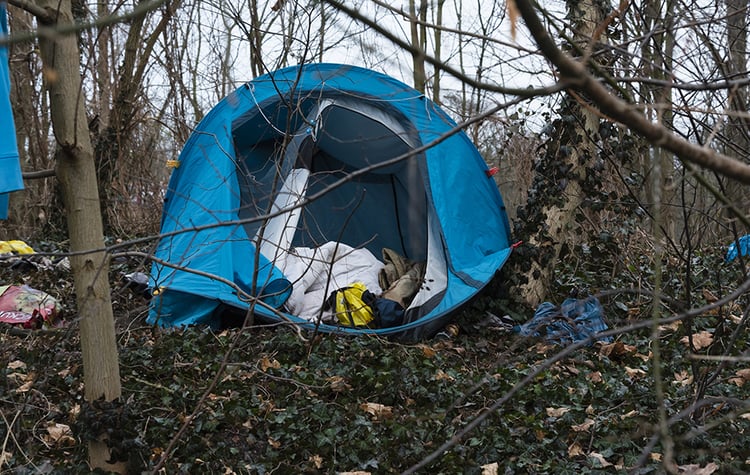
This will require stair-stepped strategies for rehousing that reward the homeless who do the hard work of rehabilitation while compassionately caring for and limiting the negative impacts of those who refuse to do that work. A 2017 study of Seattle’s homeless population found that 63% of people on the street refused shelter when offered it because they claim “there are too many rules” (40%) and “[the shelters] are too crowded” (33%).
This will require that with improved levels of housing come increased levels of opportunity, support and training.
2. Require accountability of ourselves
We must stop the co-dependency of the new “homeless-industrial complex,” a system that rewards social service providers by giving them more resources and funding when the problem gets worse.
This will demand accountability for results: actually decreasing homelessness, not just rehousing the homeless. It will require that both donors to nonprofits and voters for public officials demand good results, not just good intentions.
The problem with making the solution to homelessness primarily constructing apartments available at below-market rents: Demand for those units will always outstrip supply. “If you build it, they will come.” New York has been building “affordable housing” since 1934, and they still have a waitlist of over a quarter-million families (270,000 in 2015).
3. Don’t normalize addiction
We must not succumb to the temptation to accept life-destroying addictions as the new norm. We should not be elevating addicts as the new protected class by normalizing their behaviors that led them to homelessness.

Facilitating further addiction is not “harm reduction” for addicts. Instead, such approaches destroy the neighborhoods and cities where they are implemented and become magnets for further crime, homelessness and hopelessness.
Existing drug as well as vagrancy laws must be enforced and accompanied by real incentives toward healthier social behaviors in both our homes and on our streets. The combination of providing services and enforcing a zero tolerance policy for street camping, panhandling, trespassing and property crimes has been an important part of Houston’s 60% reduction in homelessness (May 2017). It can work for us, too.
4. Encourage housing supply
We must encourage a boom in market-rate housing in the private sector through making significant changes in zoning laws, land use reform and the permitting bureaucracy. A recent study on “The State of Homelessness in America” by the current Council of Economic Advisers indicates that if such changes were made, homelessness would fall by over 30% in the 11 metropolitan areas across the country that together account for 42% of the current homeless population.
5. Build up relationships
Finally, we must recognize that the most consistent cause of homelessness is disaffiliation and the loss of human relationships. Quoting Alice Baum and Donald Burnes, who wrote the definitive book on homelessness in the early 1990s, “Homelessness is a condition of disengagement from ordinary society—from family, friends, neighborhood, church, and community…Poor people who have family ties, teenaged mothers who have support systems, mentally ill individuals who are able to maintain social and family relationships, [even] alcoholics who are still connected to their friends and jobs [and] drug addicts who manage to remain part of their community do not become homeless. Homelessness occurs when people no longer have relationships.” (Cited on p. 8 of Discovery Institute’s “The Politics of Ruinous Compassion: How Seattle’s Homelessness Policy Perpetuates the Crisis—And How We Can Fix It,” by Christopher Rufo.)
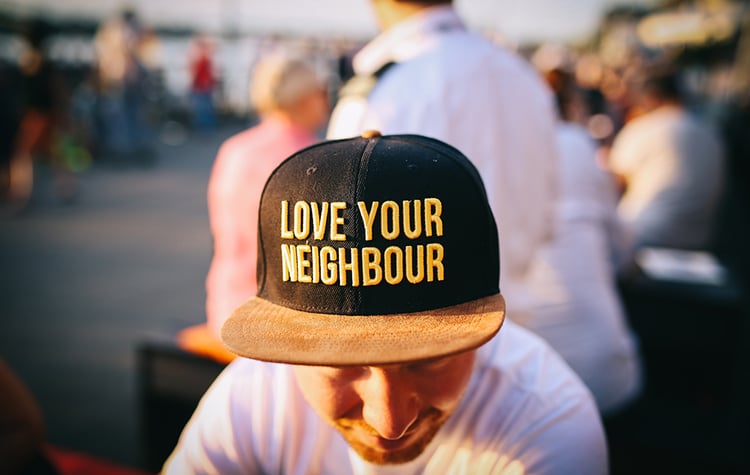
As a society, our deepest responsibility to prevent homelessness isn’t to build new apartment complexes or pass new taxes but to rebuild the family, the community and the social bonds that hold people together. That happens one person at a time, one marriage at a time and one family at a time.
Real development must recognize that healthy relationships are the best long-term protection against and solution to homelessness.
One great way to build personal relationships with people experiencing homelessness is to volunteer in an organization that serves them! At UGM, that process begins with a volunteer orientation that helps you learn about the opportunities without obligation or commitment. Click for more information!

6 min read
“Jesus had been with me through it all; I just didn’t have my eyes open."

2 min read
“Let us hold unswervingly to the hope we profess, for He Who promised is faithful…Jesus Christ is the same yesterday, today, and forever.” (Hebrews...

9 min read
To celebrate 75 years of serving the Inland Northwest, we are spending the year remembering our history and the faithfulness that built us and...
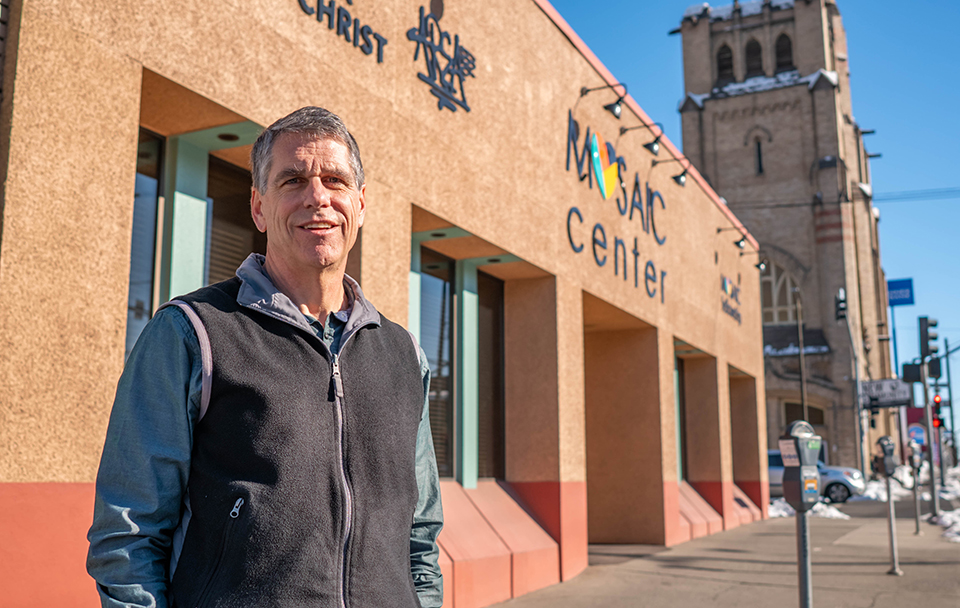
Editor’s Note: Pastor John Repsold, whose downtown Spokane church Mosaic Fellowship includes ministry to people experiencing homelessness, presented...
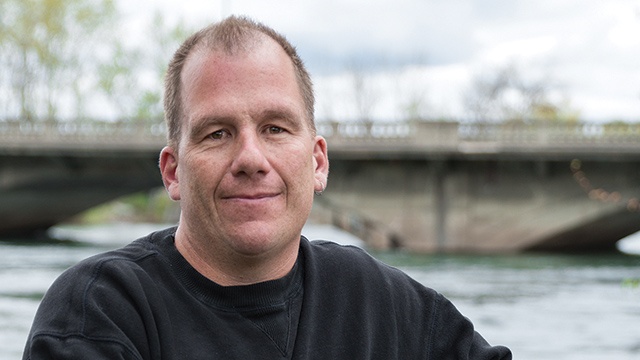
From its inception in 1951, Union Gospel Mission’s purpose has been to break – not perpetuate – the cycle of homelessness.
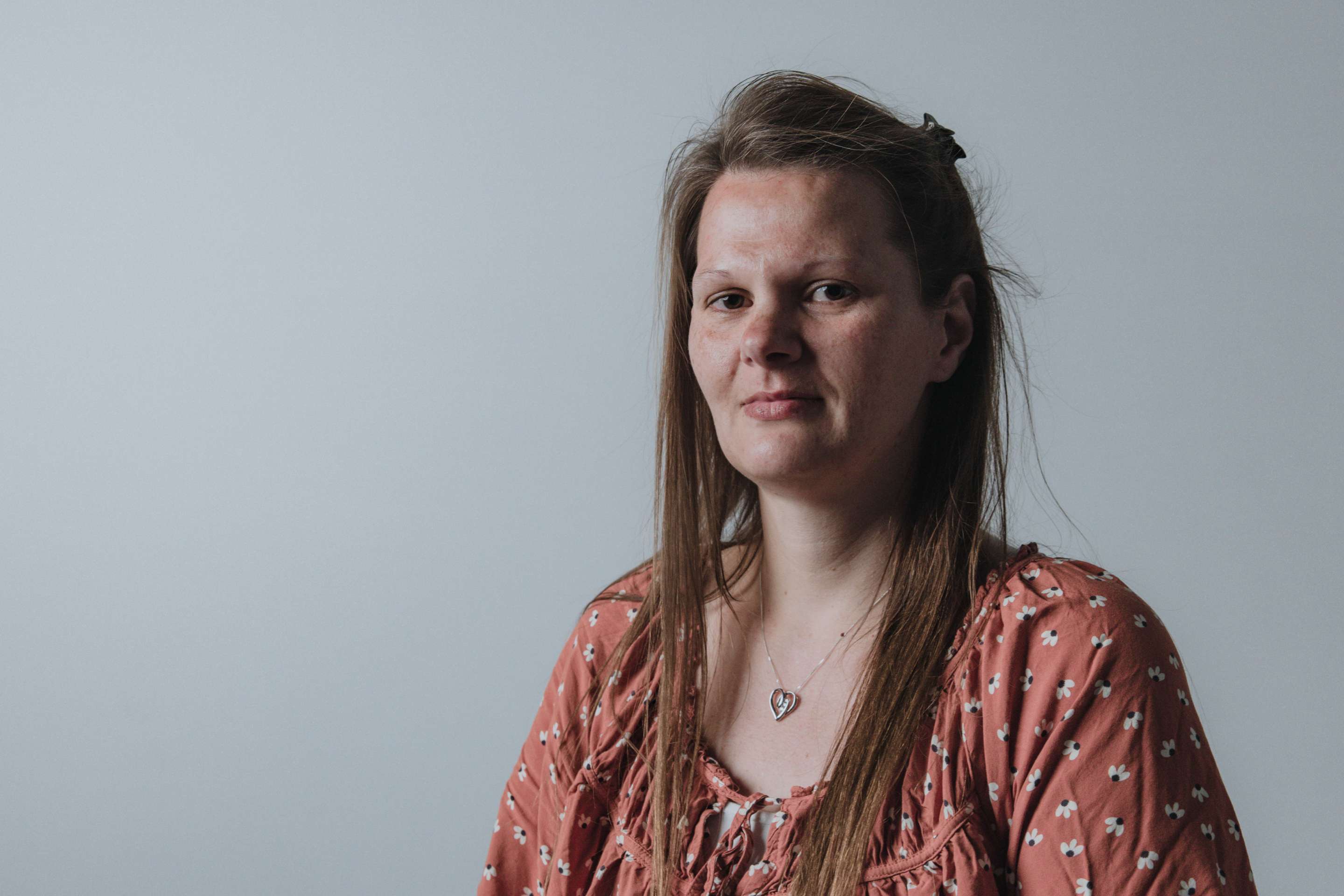
We know people need love. People need a safe community, connections to housing, medical care, and jobs. They need to know they’re not alone, they’re...